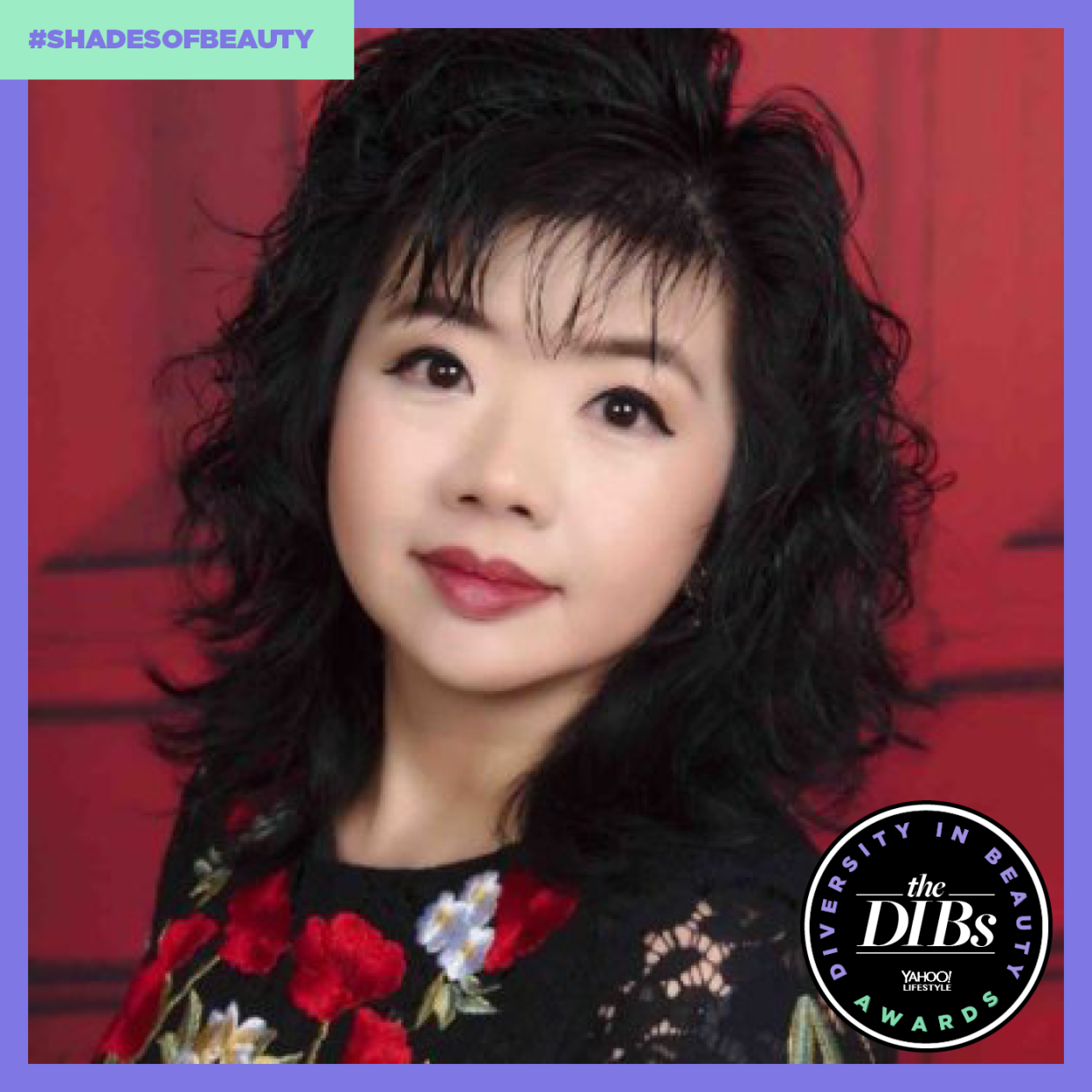Read this before you buy 'natural' beauty products

Yahoo Lifestyle’s Diversity in Beauty Awards (the DIBs) highlight and celebrate personalities, brands, and products that embody inclusiveness and innovation. See the 2018 winners list here. We enlisted six experts who have championed diversity in their careers and cover all bases of the beauty industry to vote on the best in makeup, skin care, hair care, and more. Here, we put a spotlight on DIBs judge and cosmetic chemist Ginger King.
Ginger King was practically born into the beauty world. The accomplished cosmetic chemist fondly recalls her mother being the first woman to introduce Shiseido boutiques to their native Taiwan. Then when King went to America to attend college, she was immediately drawn to makeup because she wasn’t allowed to wear it as a student growing up in Asia.
Her dream job was to become a makeup artist, but she was pushed to go after a master’s or PhD. “I still really loved it,” she tells Yahoo Lifestyle. “So I was, like, fine. If I can’t become a makeup artist, I’ll learn how to make cosmetics myself.”
King went on to major in chemistry and marketing. Her first jobs included working as a product developer for Victoria’s Secret, a contract manufacturer in the research and development department at Bath & Body Works, and a beauty adviser at the Estée Lauder and Clinique counters to “learn firsthand interaction with customers.”
A post shared by Asianginger (@thebeautysharkginger) on Apr 1, 2017 at 6:04pm PDT
In fact, Estée Lauder is “the key reason” why King says she’s in the beauty industry. She explains, “When I first came to America, school was a bit easier for me, so I was in the library all the time to see what else I could learn. I came across the Estée Lauder biography and was so inspired. [The brand’s story] resonated with me because it was one of the first companies to have clinical data. If you are a skin care company, you really need to show the efficacy. They broke the mold!”
Having had her hands in product development for more than 20 years, King has seen promising shifts in the cosmetics space — from companies taking into account that first impressions matter by focusing on the “feel and look” of products to the explosion of small brands such as Glossier and Pop Beauty. Yet one of the biggest changes King has noticed is the “free from” movement — that is, free from parabens, petrochemicals, and sulfates because there is an overwhelming desire for safer cosmetics and clean beauty.
A post shared by Asianginger (@thebeautysharkginger) on Feb 11, 2018 at 8:25am PST
King admits that she doesn’t have the “best skin” because she’s constantly testing things. But she does gravitate toward products that have some sort of clinical research to support their promised results and toward long-wear color cosmetics that are devoid of alarming ingredients, which she says are harsh and sit on the skin. “Because I have sensitive eyes, I do read the labels first,” King says.
When it comes to “natural” beauty brands, King tells Yahoo Lifestyle that Tata Harper and 100% Pure are among those that are “really legit” because there are no synthetics and the texture is still nice. She adds, “Some other brands say they are natural, but if you really dig into it, it’s a no! They have dyes! Too many brands put out there that they are ‘natural’ or ‘vegan’ — that doesn’t really mean anything.”
A post shared by Asianginger (@thebeautysharkginger) on Jan 16, 2018 at 12:33pm PST
According to King, just because an ingredient comes from nature doesn’t mean that it’s good for you. For example: poison ivy. “It’s poisonous, but it’s natural.”
That’s why she is a big advocate for clean beauty. “With clean beauty, brands do not use ingredients that are known to be harmful or irritating. I’d rather have something that is clean and efficacious. Natural doesn’t equal greatness. Efficacy is more important.”
Read more from Yahoo Lifestyle:
Reshaping the beauty industry doesn’t happen every day, but these pros are doing it
Rihanna’s humanity — and not her celebrity — is why she’s changing the beauty industry
Lupita Nyong’o’s hairstylist wants you to know ‘you can achieve greatness with your hair’


